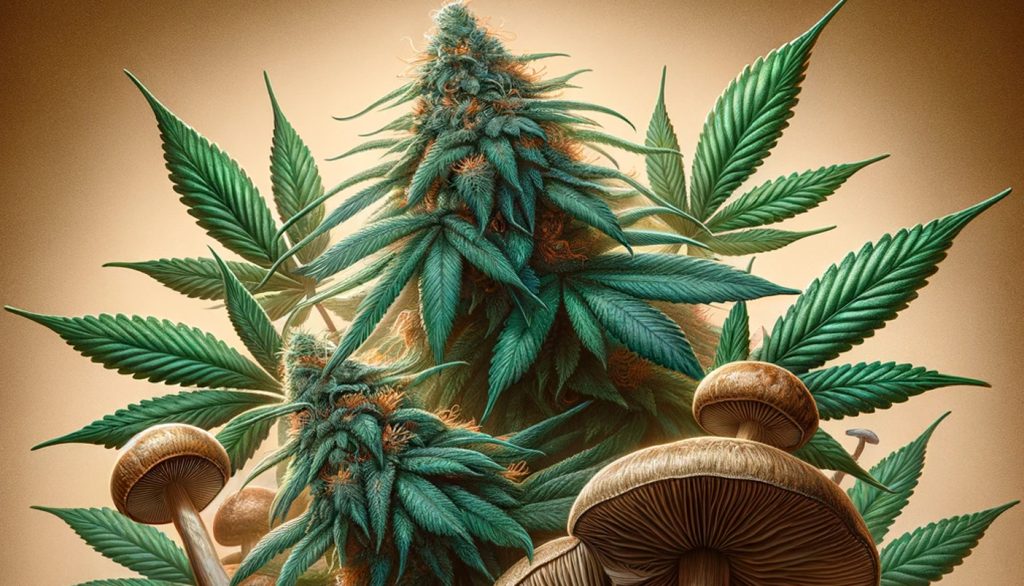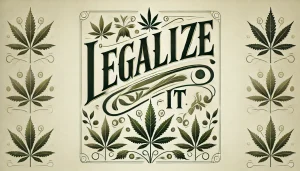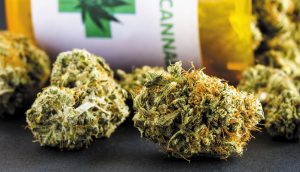How Cannabis and Psilocybin Might Help Some of the 50 Million Americans Who Are Experiencing Chronic Pain

The U.S. Drug Enforcement Agency announced in late April 2024 that it plans to ease federal restrictions on cannabis, reclassifying it from a Schedule I drug to the less restricted Schedule III, which includes drugs such as Tylenol with codeine, testosterone and other anabolic steroids.
This historic shift signals an acknowledgment of the promising medicinal value of cannabis.
The move comes in tandem with growing interest in the use of psilocybin, the active component in magic mushrooms, for treatment of depression, chronic pain and other conditions. In 2018 and 2019, the U.S. Food and Drug Administration granted a breakthrough therapy designation to psilocybin, meant to expedite drug development given that preliminary studies suggest it may have substantial therapeutic value over currently available therapies for treatment-resistant depression and major depressive disorder.
Both of these developments represent a dramatic change from long-standing federal policy around these substances that has historically criminalized their use and blocked or delayed research efforts into their therapeutic potential.
As an assistant professor of anesthesiology and a pain researcher, I study alternative pain management options, including cannabis and psychedelics.
Read the full article at The Conversation





